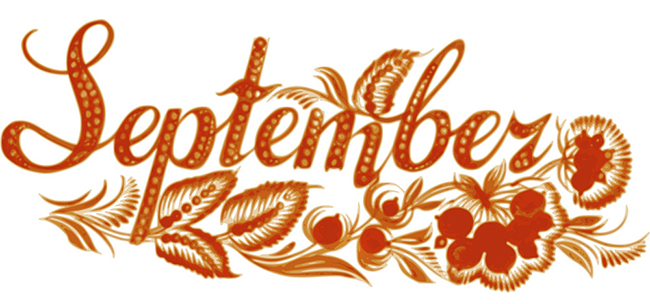by Daniel Hathaway
Welcome to what should from its name be the seventh month of the year — if we had the good sense to begin the annual cycle in March with spring, like the Romans, who also gave us October, November, and December. For those of us in the Northern Hemisphere, it’s the beginning of the academic year as well as the usual beginning of the concert season.
Faculty, students, musicians and other performing artists will be facing unprecedented challenges in 2020-2021 and are addressing the resumption of activities in a number of ways, many of them innovative, and some that may be carried over as opportunities once the pandemic is history.
At ClevelandClassical.com, we’re seeing a gradual resumption of live events — some to be streamed without audiences, some with limited attendees, some designed as hybrid events that will permit in-person as well as remote experiences. Some organizations are developing pre-recorded content for streaming, while others are taking a pass for the fall months in hopes of better conditions after the first of the calendar year.
This week, we are restoring our two-week calendar to reflect an increase in concert activities in Northeast Ohio, but we’ll continue to list daily events that have kept our eyes and ears occupied since March (like WCLV’s Cleveland Orchestra archives and the free nighty streams from the MET Opera.) And because online streaming has opened the door to worldwide events, we’ll continue to suggest performances that feature artists who have visited our region in the past and surely will again be physically present here in the future — like today’s (ticketed) performance by pianist Daniil Trifonov with the Berlin Philharmonic.
NEW FROM THE CLEVELAND ORCHESTRA:
Season 2 of The Cleveland Orchestra’s “On a Personal Note” podcasts premieres today with reflections by Music Director Franz Welser-Möst “on the traumatic accident in his youth that permanently connected him to Schubert’s music.” Listen here.
And on July 15, fifteen members of the Orchestra returned to Severance Hall to record Tchaikovsky’s Serenade for Strings for distribution to its patrons. The work was first performed at a private concert at the Moscow Conservatory in 1880, and first played by The Cleveland Orchestra at Public Auditorium on November 22, 1936, led by Estonian-born conductor Ernö Rapée. Watch the July performance of the finale of the Serenade here, led by first assistant concertmaster Peter Otto.
TODAY’S ALMANAC:
On this date in 1653, German organist and composer Johann Pachelbel was baptized in Nuremberg, where he also ended his career. Thanks to Jean-François Paillard and his chamber orchestra, who recorded it in 1968, his best-known work is the Canon in D, which originally included a Gigue, and has provided down-the-aisle music for countless brides ever since. Its ubiquity in modern culture is suggested in this collection of 15 different versions for everything from chamber orchestra to shakuhachi and koto quintet.
For an example of Pachelbel’s South German church music, here’s a performance of his motet Gott ist unser Zuversicht by Matt Bickett and the Oberlin Cantata Project at Cleveland’s Church of the Covenant in 2017.
On this date in 1912, Sierra Leonean-English composer Samuel Coleridge-Taylor died in the London suburb of Croydon. Watch a documentary of his life and visits to the United States featuring performances by violinist Rachel Barton Pine, tenor Rodrick Dixon, and African-American singers and instrumentalists.
And on this date in 1957, British hornist Dennis Brain perished in an automobile accident. Considered one of the finest hornists of all time, Brain was a favorite of composer Benjamin Britten — listen to a live performance of the Serenade for Tenor, Horn, and Strings with Peter Pears here. And here’s a rare video of Brain explaining his instrument and performing the Beethoven Sonata.




